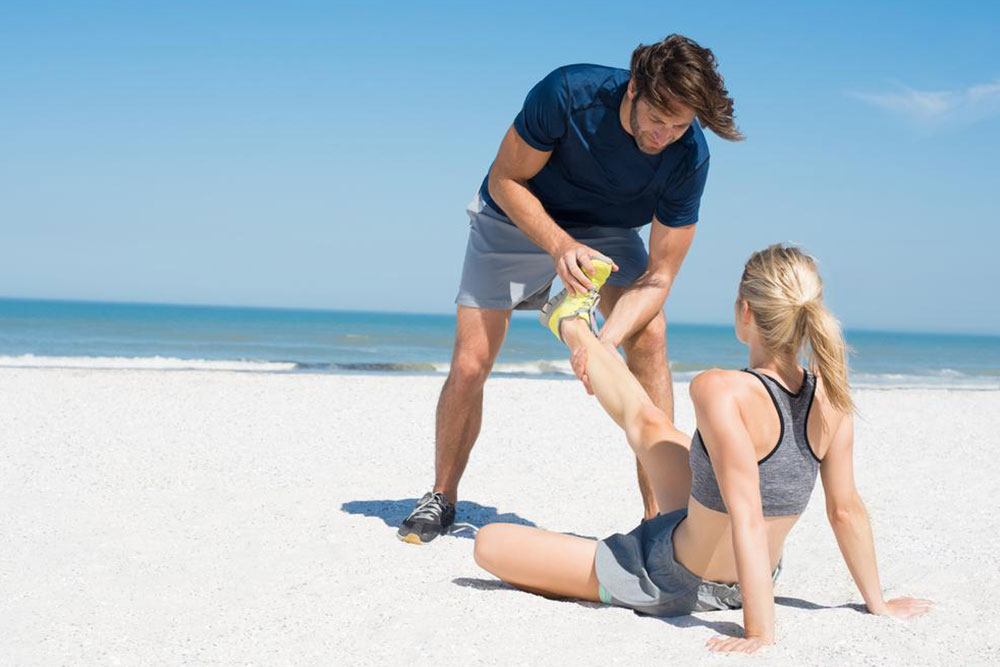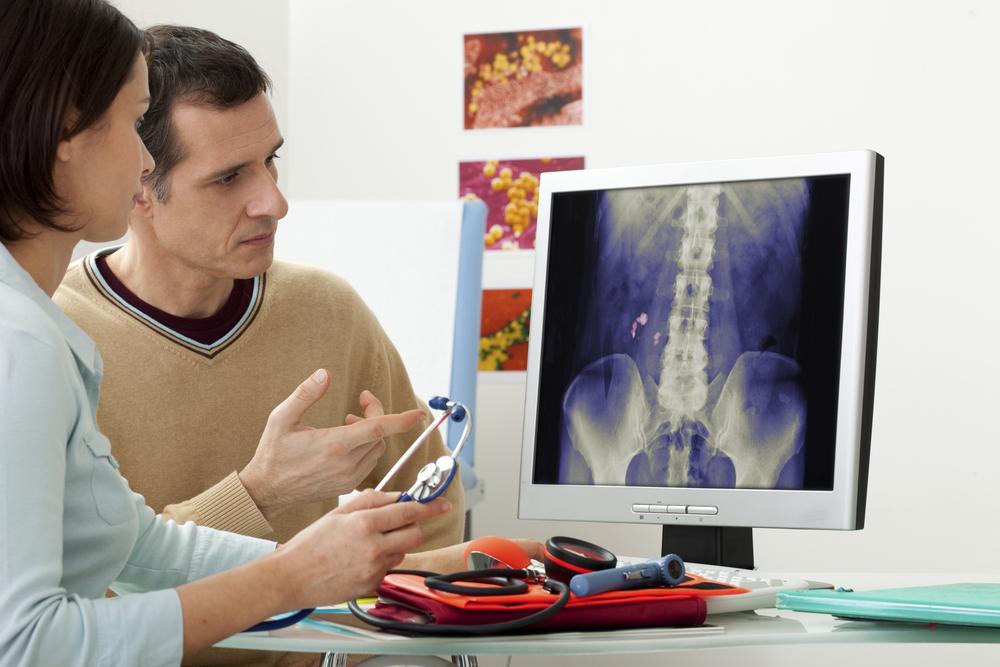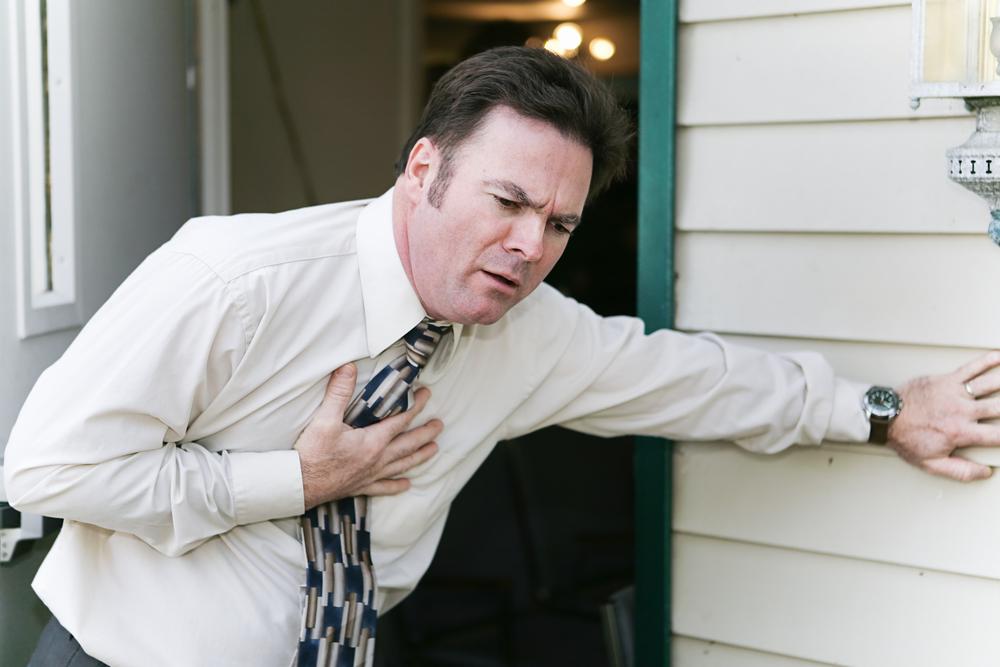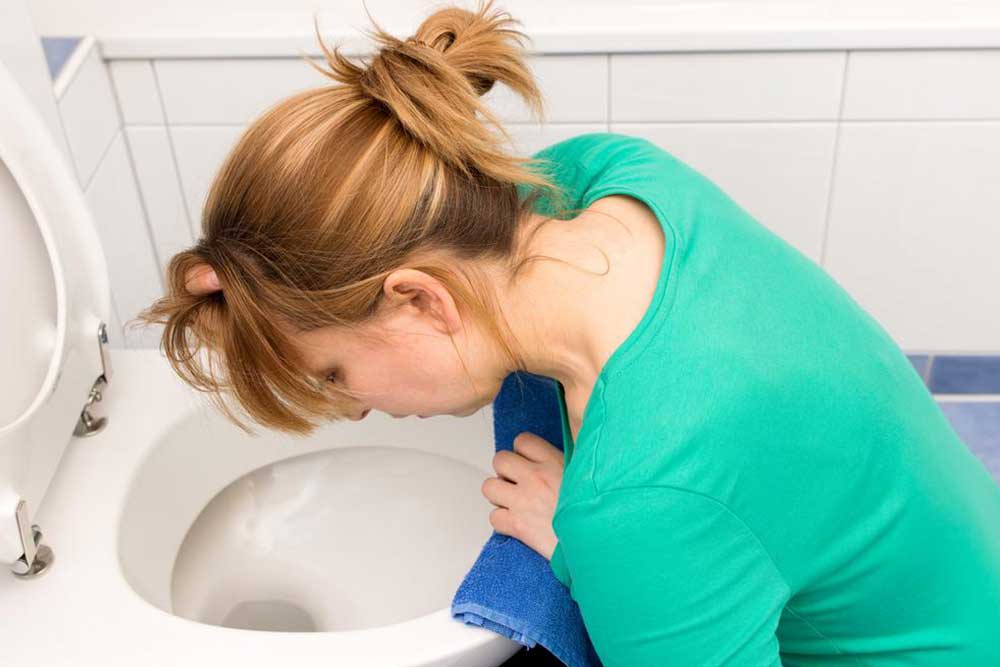Understanding Muscle Spasms: Causes, Remedies, and Prevention Tips
This article explores the causes, treatments, and prevention of muscle spasms, highlighting effective home remedies and lifestyle tips. Recognizing triggers like dehydration, mineral deficiencies, and overexertion can help manage and prevent cramps. Practical advice includes stretching, staying hydrated, and maintaining a healthy diet. For persistent issues, consulting a healthcare provider is recommended. The article emphasizes self-care strategies to relieve muscle spasms quickly and avoid future occurrences, suitable for general readers seeking relief and prevention tips.
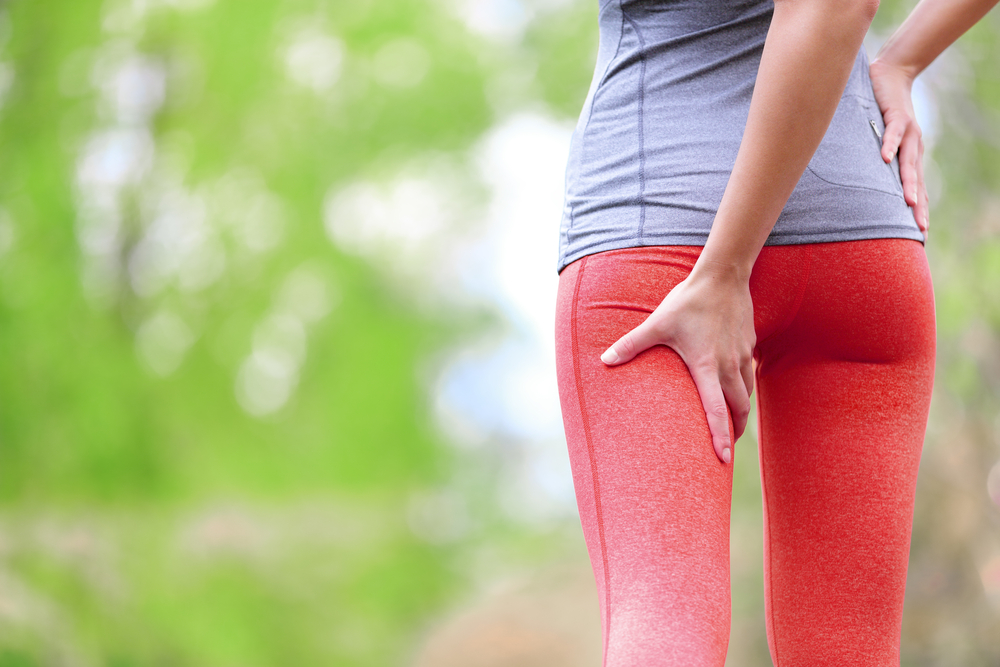
Understanding Muscle Spasms: Causes, Remedies, and Prevention Tips
Muscle spasms – Insights into Causes, Remedies, and Prevention
A muscle spasm is an involuntary, sudden contraction of a muscle that cannot be relaxed. Such spasms involve muscles used for voluntary movements like the legs and arms, along with muscles responsible for posture such as those in the neck, back, and shoulders. When a muscle or part of it contracts uncontrollably with sustained force, it results in a cramp. Commonly, the affected muscle becomes visibly hard or firm during a spasm.
What triggers muscle spasms?
Causes can vary and often include:
Overexertion, injury, or repetitive muscle activity
Exposure to cold environments or water
Pregnancy, especially in late stages, due to mineral depletion
Prolonged standing on hard surfaces
Uncomfortable sleeping positions affecting the legs
Extended periods of sitting
Underlying health issues such as circulation problems, thyroid disorders, multiple sclerosis, or kidney conditions
Deficiency in minerals like calcium, magnesium, and potassium
Use of certain medications including diuretics, steroids, birth control pills, statins, or antipsychotics
Dehydration causing electrolyte imbalance and muscle fatigue
Effective treatments for muscle spasms
To relieve cramps effectively, consider these approaches:
Self-care involving gentle stretching and massage
Maintaining proper hydration
Consulting healthcare professionals for persistent or severe cramps, possibly with prescribed medication
Home remedies for muscle spasm relief
You can try several home-based strategies such as:
Stretching and massaging the affected muscle to promote relaxation
Applying heat (warm towel or heating pad) or cold packs to soothe the area
Taking vitamin B complexes to support muscle health
Avoiding intense physical activity to prevent overexertion
Sufficient rest allowing the muscle to recover
Consuming pickle juice, which may quickly relieve cramps due to its salt content
Drinking plenty of water to stay hydrated and prevent imbalance
Prevention strategies for muscle spasms
To avoid future cramps, consider these preventive measures:
Stay consistently hydrated
Limit alcohol and caffeine intake
Eat balanced, mineral-rich foods
These tips can significantly reduce the likelihood of muscle cramps.
